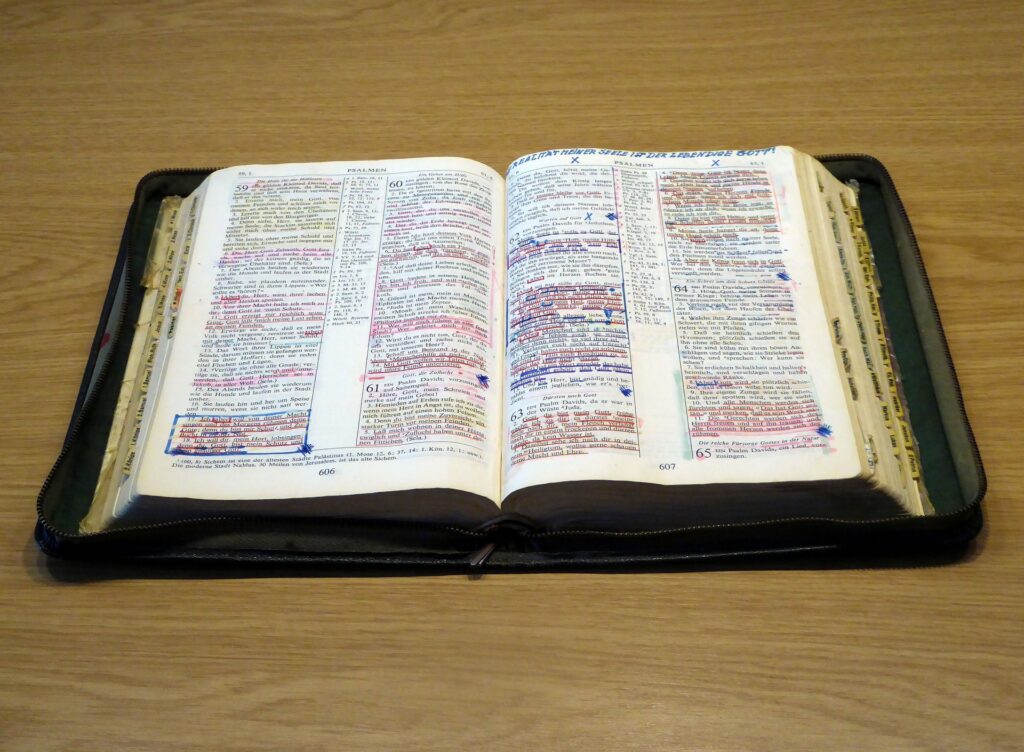
Bible Class Notes on 1 Peter 2:25 | Notes on the Petrine Epistles
Peter has just declared that Christians have been healed by the wounds of Christ. The apostle now tells us what he means when he discusses being healed. For Peter, being healed by the wounds of Christ, means returning to him.
Peter rewords the idea of Isaiah 53:6: “All we like sheep have gone astray; we have turned every one to his own way; and the LORD has laid on him the iniquity of us all.”
These Christians were straying like sheep. The straying of these Christians clearly refers to their past lives in paganism. Throughout the Old Testament, the Jews were pictured as sheep (e.g., Is 53:6). However, here the analogy is to Gentiles rather than Israelites being sheep. This is basically the same analogy Jesus used in John 10:16: “And I have other sheep, that are not of this fold.”
These Christians have returned to the Shepherd and Guardian of their souls. These Christians have returned. “Returned” clearly identifies their conversion. In fact, the term for “return” is occasionally used for “repent” in the New Testament.
These Christians have returned to the Shepherd. The Old Testament, while it often spoke of God as a shepherd, also spoke of the Messiah in terms of a shepherd.
- “He who scattered Israel with gather him, and will keep him as a shepherd keeps his flock” (Jer 31:10).
- “my servant David shall be king over them; and they shall all have one shepherd” (Ez 37:24).
In other places, the New testament applies the metaphor of a shepherd to Christ.
- “As he went ashore he saw a great throng, and he had compassion on them, because they were like sheep without a shepherd” (Mk 6:34).
- “Go rather to the lost sheep of the house of Israel” (Matt 10:6).
- “He answered, ‘I was sent only to the lost sheep of the house of Israel’” (Matt 15:24).
- Luke 15:3-7 and Matthew 18:12-14
- “Our Lord Jesus, the great shepherd of the sheep” (Heb 13:20).
- “The Lamb in the midst of the throne will be their shepherd, and he will guide them to springs of living water” (Rev 7:17)
These Christians have returned to the Guardian of their souls. The term for “guardian” here is actually the word for “overseer” in discussing the different titles for elders. The term “overseer” was common in pagan society where individuals watched over and cared for a city or devotee. The mean here, then, is that Christ watches over our lives (the meaning of the word “souls”).
Peter used two analogies to discuss how Christ takes care of his people—one coming from Judaism and the other coming from paganism.
This Bible class was originally taught by Dr. Justin Imel, Sr., at the Owingsville church of Christ in Owingsville, Kentucky.





